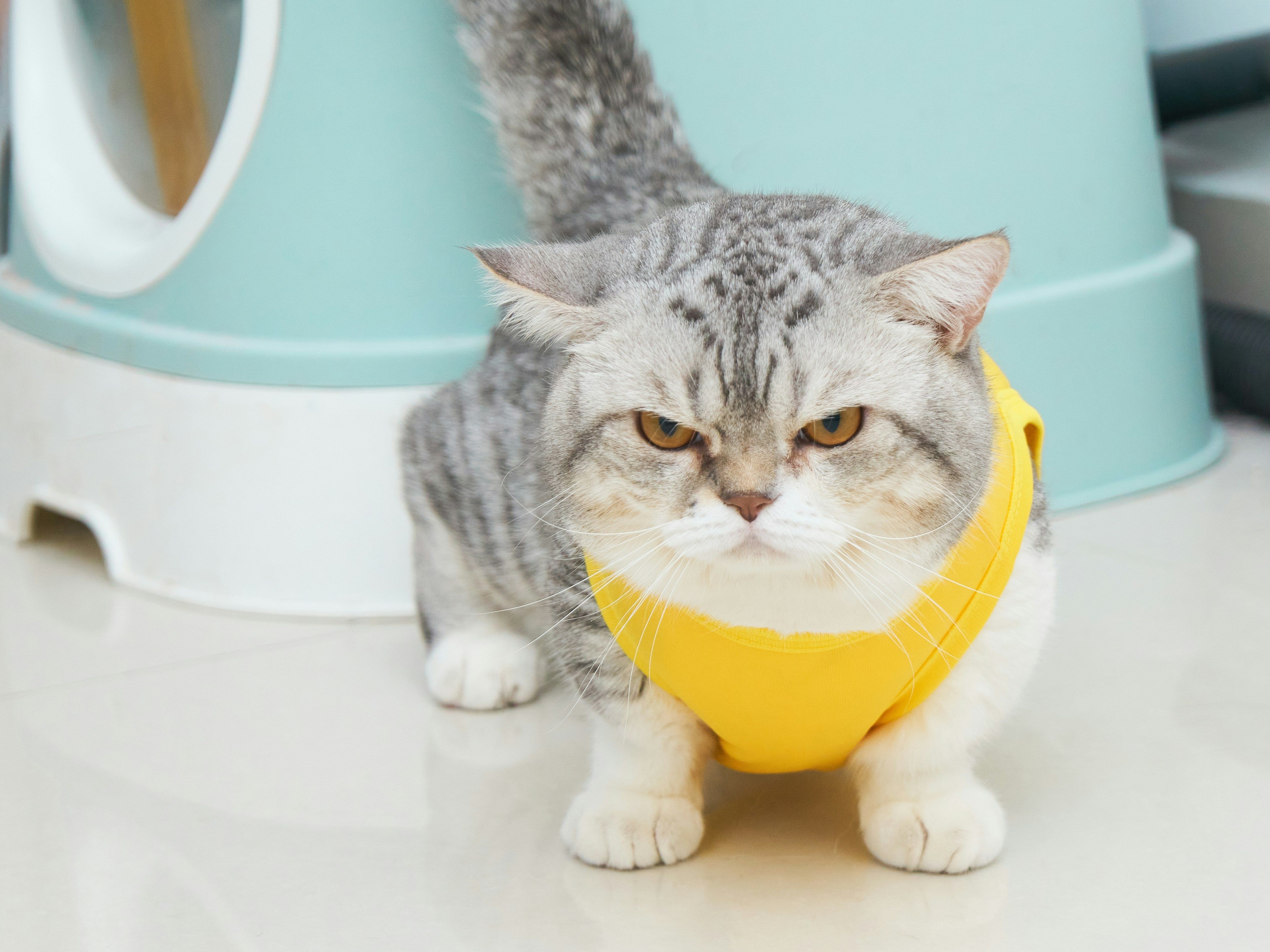Munchkin cats are a distinctive and charming breed, instantly recognizable by their short legs and playful demeanor. Despite their unique appearance, Munchkin cats are just as agile and active as other cat breeds. In this article, we’ll explore the origins, characteristics, and care requirements of Munchkin cats.
The Origins of the Munchkin Cat
The Munchkin cat breed has an interesting and somewhat recent history:
- Discovery: The Munchkin cat’s distinctive short legs are the result of a natural genetic mutation. In the 1980s, a Louisiana schoolteacher named Sandra Hochenedel discovered two pregnant cats with short legs. She named one of the kittens “Blackberry,” and this cat became the foundation of the Munchkin breed.
- Breed Development: Breeders worked to develop the Munchkin breed by carefully selecting for the short-legged trait while ensuring overall health and genetic diversity. The breed was officially recognized by The International Cat Association (TICA) in 1994.

Physical Characteristics
Munchkin cats are known for their unique appearance and several distinctive traits:
- Short Legs: The most defining feature of Munchkin cats is their short legs, which are caused by a genetic mutation affecting the growth of long bones. Despite their short stature, they are highly agile and capable jumpers.
- Body Type: Munchkin cats have a medium-sized body with a well-rounded chest and a spine that is typically longer than average.
- Coat and Colors: Munchkin cats come in both short-haired and long-haired varieties. Their coats can be found in a wide range of colors and patterns, including solid, tabby, and bicolor.
Personality and Temperament
Munchkin cats are known for their lively and affectionate personalities:
- Playful: These cats are highly energetic and playful. They enjoy interactive toys and games, making them great companions for families with children.
- Affectionate: Munchkin cats are very loving and enjoy being close to their owners. They often follow their humans around the house and love to cuddle.
- Social: They are social cats that get along well with other pets, including dogs. Their friendly nature makes them great additions to multi-pet households.
Caring for a Munchkin Cat
Munchkin cats require specific care to keep them healthy and happy:
- Diet: Provide a balanced diet rich in protein. Consult with your vet to determine the best food options for your Munchkin cat, taking into account their activity level and overall health.
- Exercise: Ensure they get plenty of physical activity. Despite their short legs, Munchkin cats are very active and need regular playtime to stay fit and healthy.
- Grooming: Grooming needs depend on whether you have a short-haired or long-haired Munchkin. Short-haired Munchkins require minimal grooming, while long-haired Munchkins need regular brushing to prevent matting.
- Health Check-ups: Regular veterinary check-ups are essential to monitor their health. While Munchkin cats are generally healthy, it’s important to keep an eye on their joints and spine.
Fun Facts About Munchkin Cats
- Speedy Runners: Despite their short legs, Munchkin cats are incredibly fast and agile. They can run at impressive speeds and navigate obstacles with ease.
- Hoarding Behavior: Some Munchkin cats exhibit hoarding behavior, collecting small objects like toys and hiding them in secret stashes.
- Diverse Genetics: Munchkin cats can be bred with other cat breeds, resulting in a variety of coat types and colors.
Conclusion
Munchkin cats are a delightful and unique breed known for their short legs and playful nature. Their affectionate and social personalities make them wonderful companions for families and individuals alike. If you’re considering adding a Munchkin cat to your household, you’re in for a lot of love, fun, and playful antics with this charming breed.
By Alice Johnson, a passionate cat lover and experienced vet technician. Follow her insights and tips to keep your cat happy and healthy.